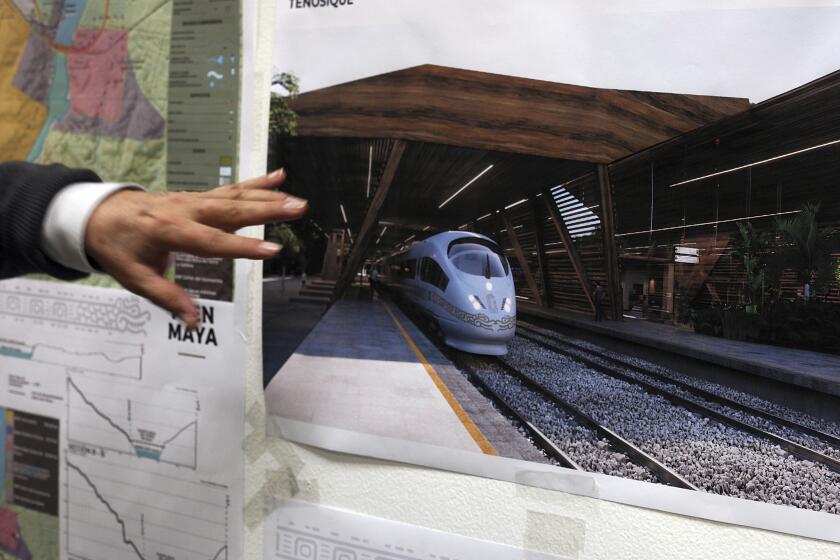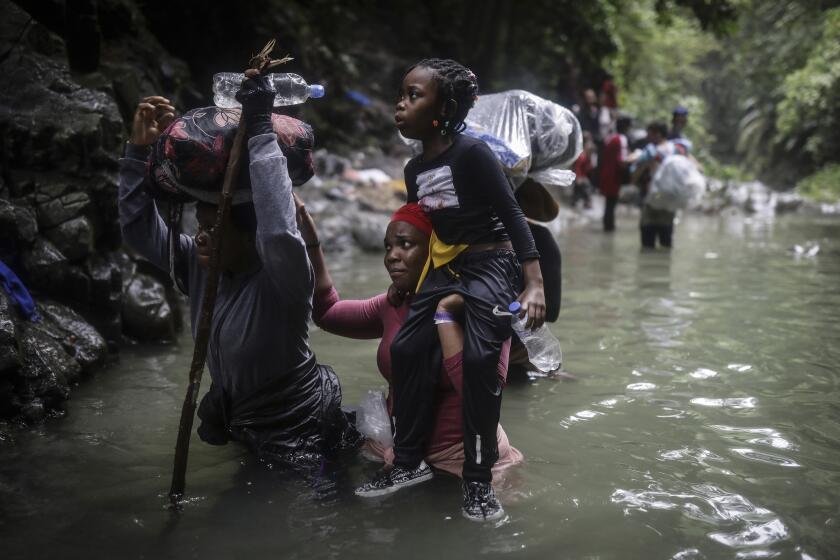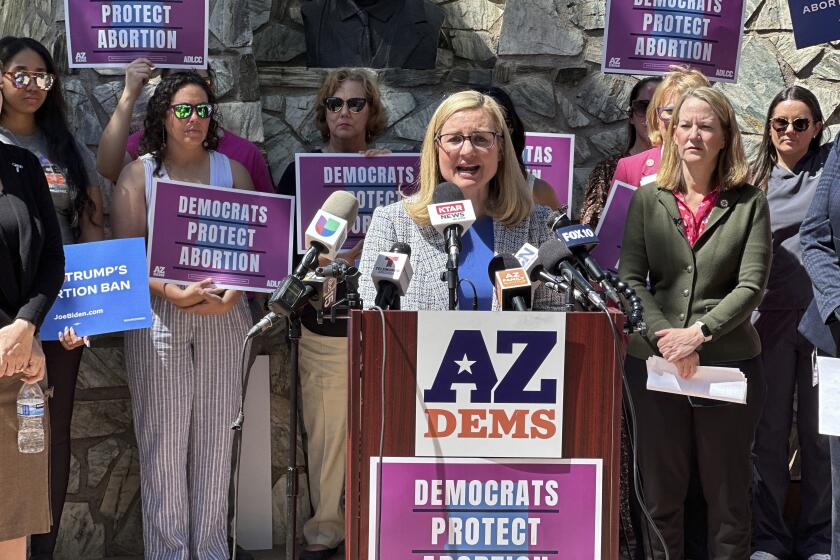Extent of humanitarian crisis for migrant caravan still unknown
The migrant caravan that is trying to regroup in the Mexican border city of Tijuana has sparked a humanitarian crisis whose proportions are still unknown while the Central American caravan members harbor doubts about what to do after their weeks of northward travel to the US border.
“We’re facing a humanitarian crisis. They are people who are fleeing poverty but also violence and persecution,” Francesca Fontanini, the spokesperson for the United Nations High Commissioner for Refugees (UNHCR) for the Americas, told EFE.
“What has changed is the type of human mobility. Now, people - with these caravans - have shown that they want to travel together (on foot and wherever it’s possible) to have a safer trip,” she added.
According to this plan, the groups of migrants “are trying to support each other” to avoid the risks posed by their journey through Mexico.
“They know very well the risks and that it’s a very difficult route” both in physical terms as well as regarding the weather, with high temperatures by day and low ones by night, Fontanini said.
She added that these caravans, the first of which entered Mexico on Oct. 19, show that the nature of human mobility has changed, thus creating a relevant fact on the ground that is likely to be repeated.
“They move together, different generations, whole families and there are various profiles: single women, women with children, elderly, LBGTI community members, unaccompanied minors and all together they’re crossing countries to seek refuge,” she said.
Fontanini said that the most difficult thing for a migrant or refugee, whether traveling alone or in a group, “is to find a solution to keep going or to restart their life because many can’t return to their country. Some have left for economic reasons or extreme poverty, but others left because of the insecurity and violence and returning is a death sentence.”
Organizations like Amnesty International and Human Rights Watch have said that violence in Honduras is a generalized problem as shown by its extraordinarily high annual murder rate of 43.6 killings per 100,000 inhabitants.
Marin Saavedra, who is heading a project whereby the Canadian government would take in some Central Americans, noted that for now “the migrants can’t move until the winter is over, if Canada decides to accept them, and so Mexico must request aid from organizations in that country to meet the basic needs of the migrants.”



